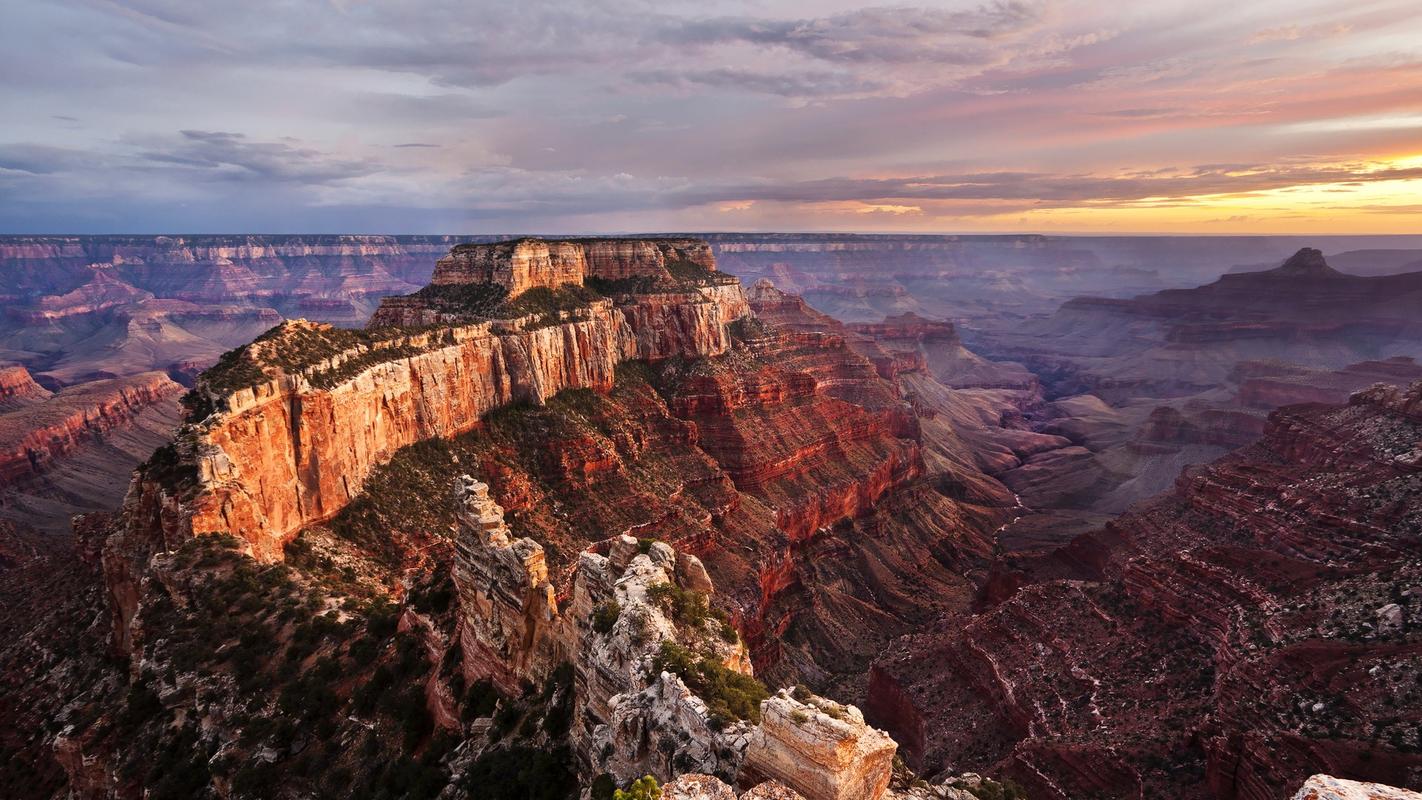The discussion surrounding the relationship between religion and politics is one that has been ongoing for centuries. Some argue that the two are intricately intertwined, while others believe they should be kept separate in order to ensure fairness and equality. There are numerous perspectives on this complex issue, and it is important to consider each one when attempting to understand the various implications of this relationship.
One view asserts that religion and politics are inherently linked, as religion often shapes individuals’ beliefs, values, and goals, which in turn influences their political views and actions. For example, many religious conservatives prioritize traditional family values, which are often reflected in their policy stances on issues such as abortion and homosexuality. On the other hand, many religious progressives prioritize social justice issues such as poverty, racism, and climate change in their political stances.
However, others argue that the relationship between religion and politics should be kept separate to ensure that all citizens are treated equally and have equal representation in the political sphere. They argue that when religious beliefs are intertwined with political decision-making, it can lead to policies that unfairly discriminate against individuals who do not share those beliefs. For example, policies that restrict access to reproductive healthcare and LGBTQ rights have often been justified through religious reasoning, despite the fact that they harm those who do not share those views.
Additionally, it is important to recognize that religion is not monolithic – there are numerous belief systems and traditions that can shape an individual’s political viewpoints. This means that there is no one-size-fits-all answer to the question of how religion and politics should relate to one another. Some individuals may prioritize their religious beliefs over their political ones, while others may prioritize their political beliefs over their religious ones.
Ultimately, the relationship between religion and politics is complex and multifaceted, and there is no one right answer to this question. It is important to consider the various perspectives and implications of this relationship to ensure that all individuals are treated fairly and equally in the political sphere, regardless of their religious beliefs.
(Note: Do you have knowledge or insights to share? Unlock new opportunities and expand your reach by joining our authors team. Click Registration to join us and share your expertise with our readers.)
